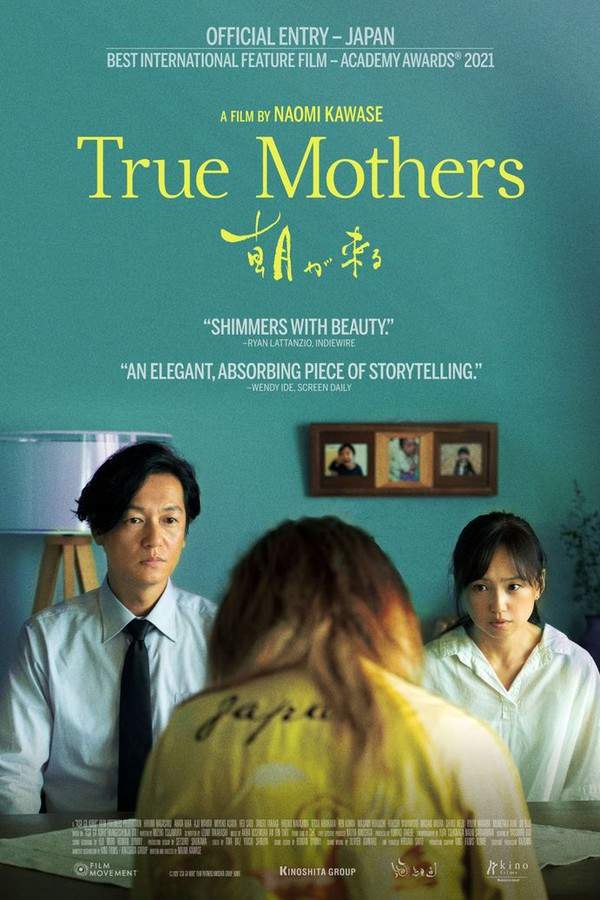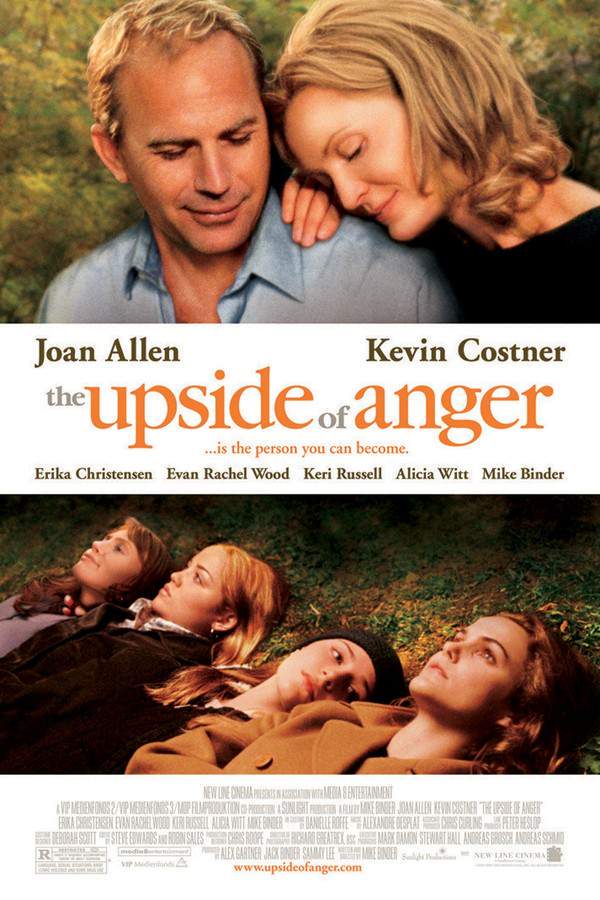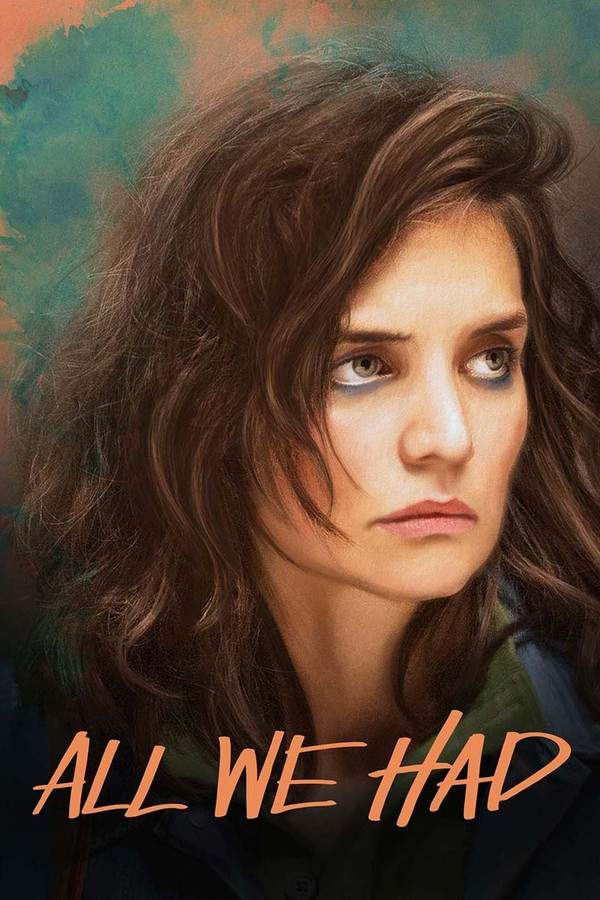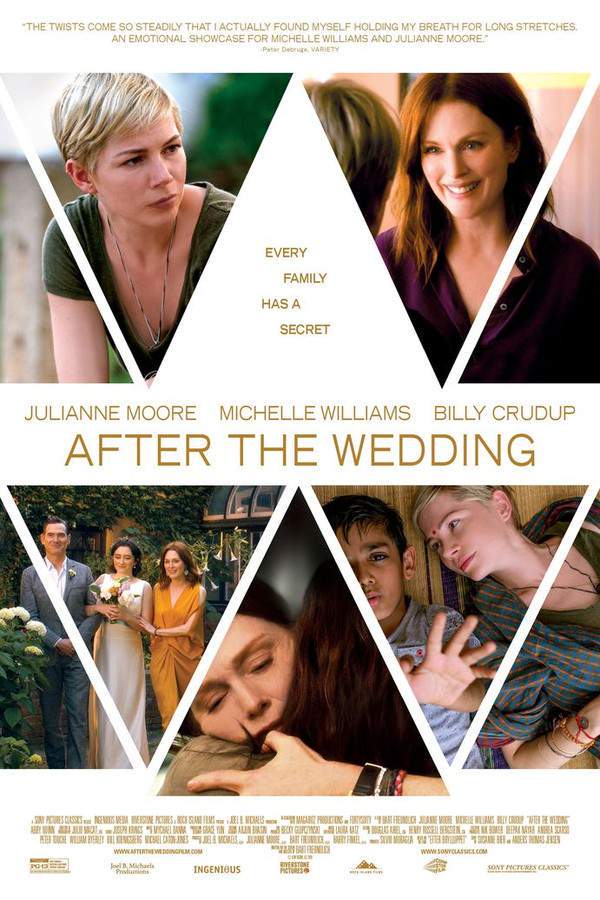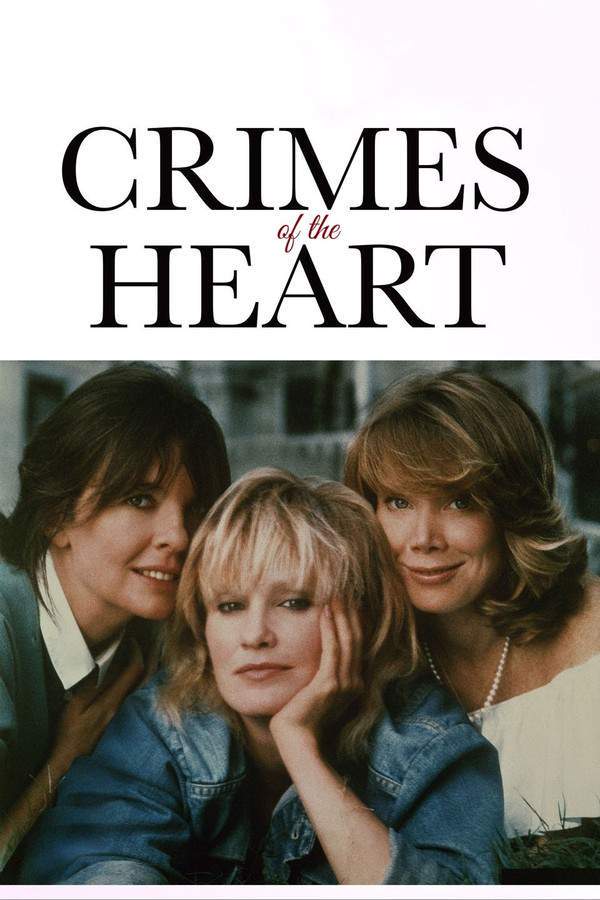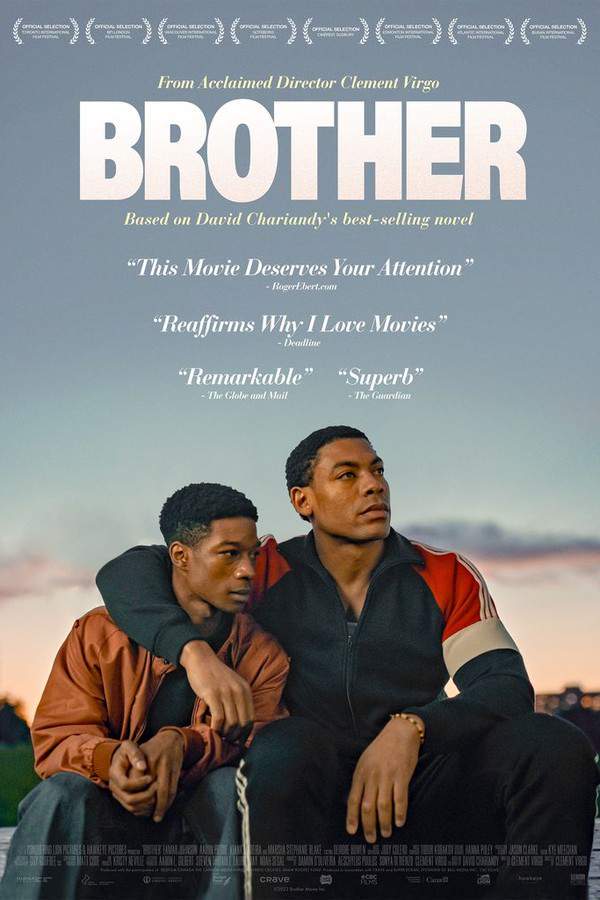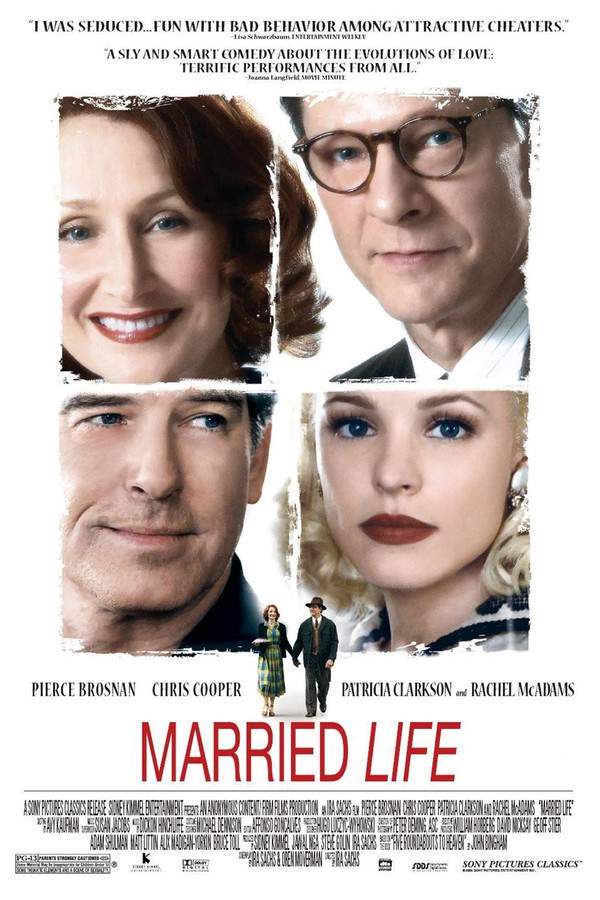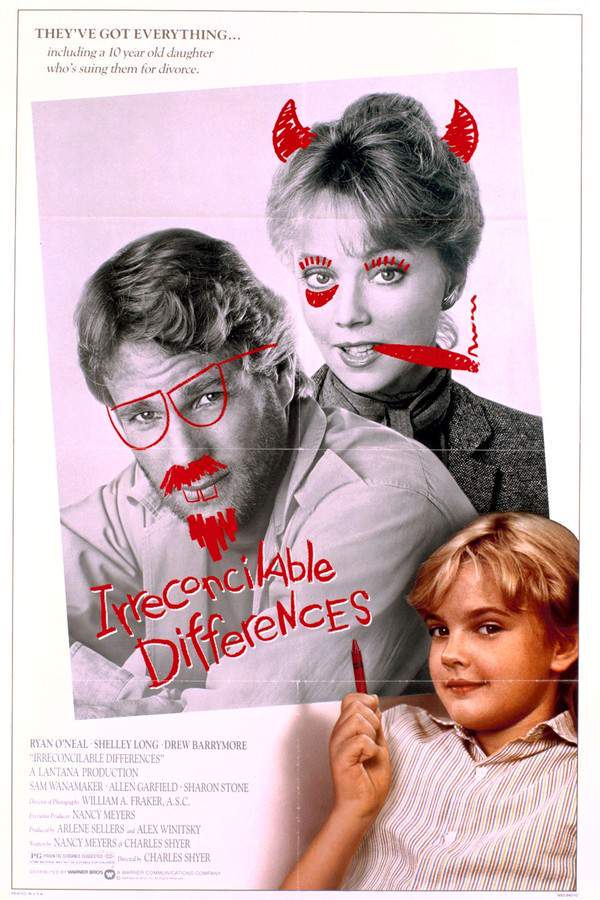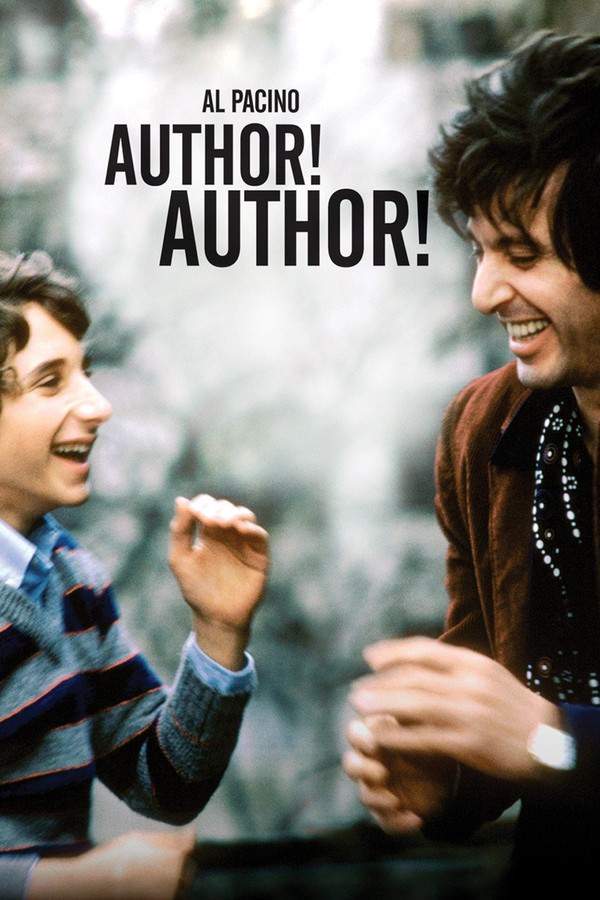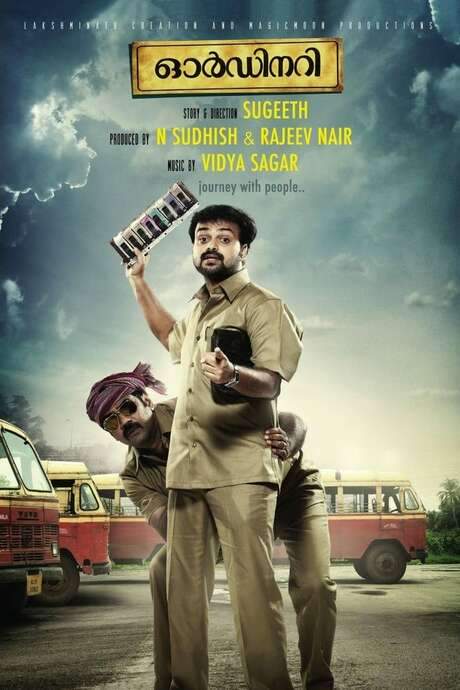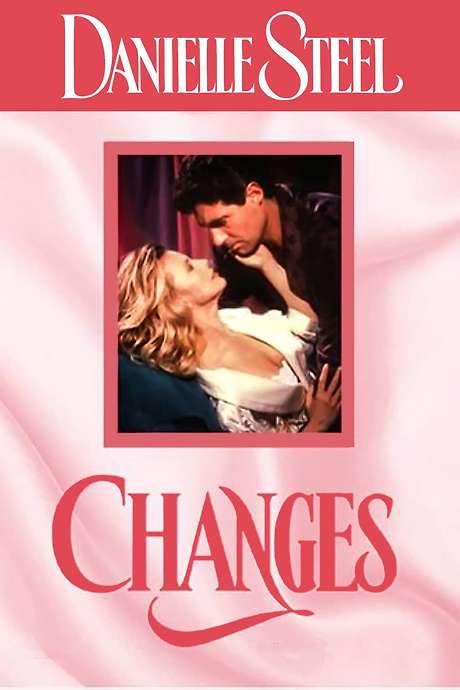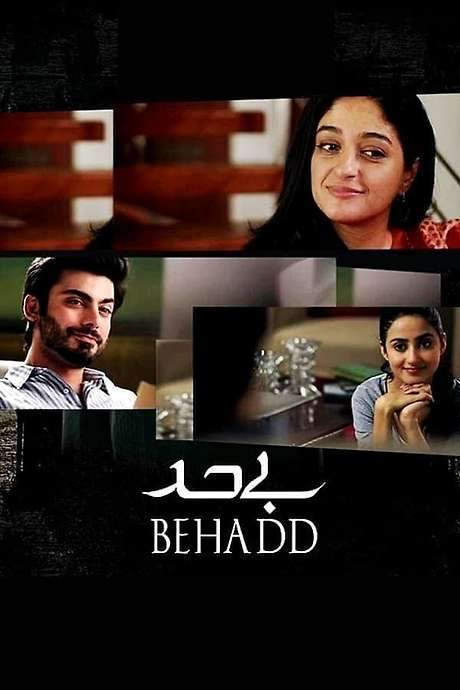
Behadd
Year: 2013
Runtime: 128 mins
Language: Urdu
Director: Asim Raza
The film explores the complex relationship between a parent and child, highlighting how their love can lead to heartbreak. It examines the contrasting forces of selflessness and selfishness within their bond, revealing the challenges and sacrifices inherent in familial love and the impact of these dynamics on their lives.
Behadd (2013) – Spoiler-Free Movie Summary & Plot Overview
Get a spoiler-free look at Behadd (2013) with a clear plot overview that covers the setting, main characters, and story premise—without revealing key twists or the ending. Perfect for deciding if this film is your next watch.
In a contemporary Pakistani city where quiet streets echo with the unspoken weight of loss, Masooma lives a modest, industrious life as a single mother. After the sudden death of her husband, her world narrows to the small apartment she shares with her fifteen‑year‑old daughter, Maha, whose quiet demeanor masks an intense devotion that borders on possessiveness. The film opens with their routine—work, school, and the tender, sometimes strained moments that define a mother‑daughter bond forged in grief.
The gentle hum of everyday life is disrupted when Jamal Ahmad, a charismatic childhood friend who is also navigating his own divorce, re‑enters Masooma’s world. Their renewed connection is initially light‑hearted, built on shared memories and the ease of old companionship, yet it gradually reveals deeper currents of affection and unspoken hopes. As Jamal spends more time with the pair, a subtle tension emerges: the promise of a new partnership that could offer Masooma companionship and Maha a paternal figure, set against the lingering fear of unsettling the delicate equilibrium they have come to rely upon.
Supporting voices—most notably Shafaq, Masooma’s confidante—provide both humor and counsel, urging her to consider the possibility of love without dismissing the complexities of parenting a teenager still wrapped in the shadows of loss. Through these interactions, the story paints a portrait of ordinary people wrestling with extraordinary emotions, where selflessness and selfishness coexist in the same heartbeat.
The tone remains intimate and contemplative, inviting the audience to sit beside Masooma and Maha as they navigate the ordinary miracles and quiet anxieties of rebuilding a life after tragedy. The world feels both familiar and richly layered, hinting at the inevitable choices that arise when love, duty, and personal longing intersect, leaving viewers eager to discover how these intertwined lives will move forward.
Last Updated: September 26, 2025 at 04:36
Explore Movie Threads
Discover curated groups of movies connected by mood, themes, and story style. Browse collections built around emotion, atmosphere, and narrative focus to easily find films that match what you feel like watching right now.
Movies about family healing like Behadd
Intimate stories where family wounds are slowly healed, leaving tender scars.Discover movies like Behadd that explore the bittersweet journey of forgiveness within families. If you were moved by the mother-daughter dynamics and the path to reconciliation in Behadd, these similar dramas focus on emotional healing after betrayal and the sacrifices made for love.
Narrative Summary
Stories in this thread typically begin with a stable or loving family dynamic that is fractured by a significant betrayal or moral failure. The narrative then follows a steady, character-driven pace as the individuals grapple with pain and jealousy, culminating in a difficult but necessary journey toward understanding and a bittersweet reconciliation that acknowledges the lasting impact of the conflict.
Why These Movies?
These films are grouped together because they share an intimate, reflective mood and a focus on the emotional weight of family secrets and forgiveness. They balance tender moments with anxious tension, resulting in a similarly bittersweet tone and medium emotional intensity that resonates with viewers seeking deeply personal stories.
Character-driven moral dramas similar to Behadd
Stories where personal happiness clashes with familial duty in a quiet, resonant way.Find films similar to Behadd that center on a character's difficult moral choice. If you appreciated the nuanced exploration of a mother's dilemma between her own happiness and her daughter's well-being in Behadd, these movies feature intimate stories with steady pacing and significant emotional stakes.
Narrative Summary
The narrative pattern revolves around a relatable protagonist forced to make a decision that will deeply impact their loved ones. The story builds steadily to this pivotal choice, exploring the motivations and anxieties from all sides. The aftermath is dealt with thoughtfully, focusing on the lasting repercussions and the complex path toward redemption or acceptance, rather than providing a simple, happy resolution.
Why These Movies?
Movies in this thread share a specific focus on a character's internal moral conflict, a medium level of complexity, and a steady pacing that lets the dilemma unfold naturally. They create a similar viewing experience of reflective anxiety and emotional resonance, avoiding extreme violence or darkness in favor of relatable human drama.
Unlock the Full Story of Behadd
Don't stop at just watching — explore Behadd in full detail. From the complete plot summary and scene-by-scene timeline to character breakdowns, thematic analysis, and a deep dive into the ending — every page helps you truly understand what Behadd is all about. Plus, discover what's next after the movie.
Behadd Summary
Read a complete plot summary of Behadd, including all key story points, character arcs, and turning points. This in-depth recap is ideal for understanding the narrative structure or reviewing what happened in the movie.

Behadd Timeline
Track the full timeline of Behadd with every major event arranged chronologically. Perfect for decoding non-linear storytelling, flashbacks, or parallel narratives with a clear scene-by-scene breakdown.

Characters, Settings & Themes in Behadd
Discover the characters, locations, and core themes that shape Behadd. Get insights into symbolic elements, setting significance, and deeper narrative meaning — ideal for thematic analysis and movie breakdowns.

More About Behadd
Visit What's After the Movie to explore more about Behadd: box office results, cast and crew info, production details, post-credit scenes, and external links — all in one place for movie fans and researchers.



